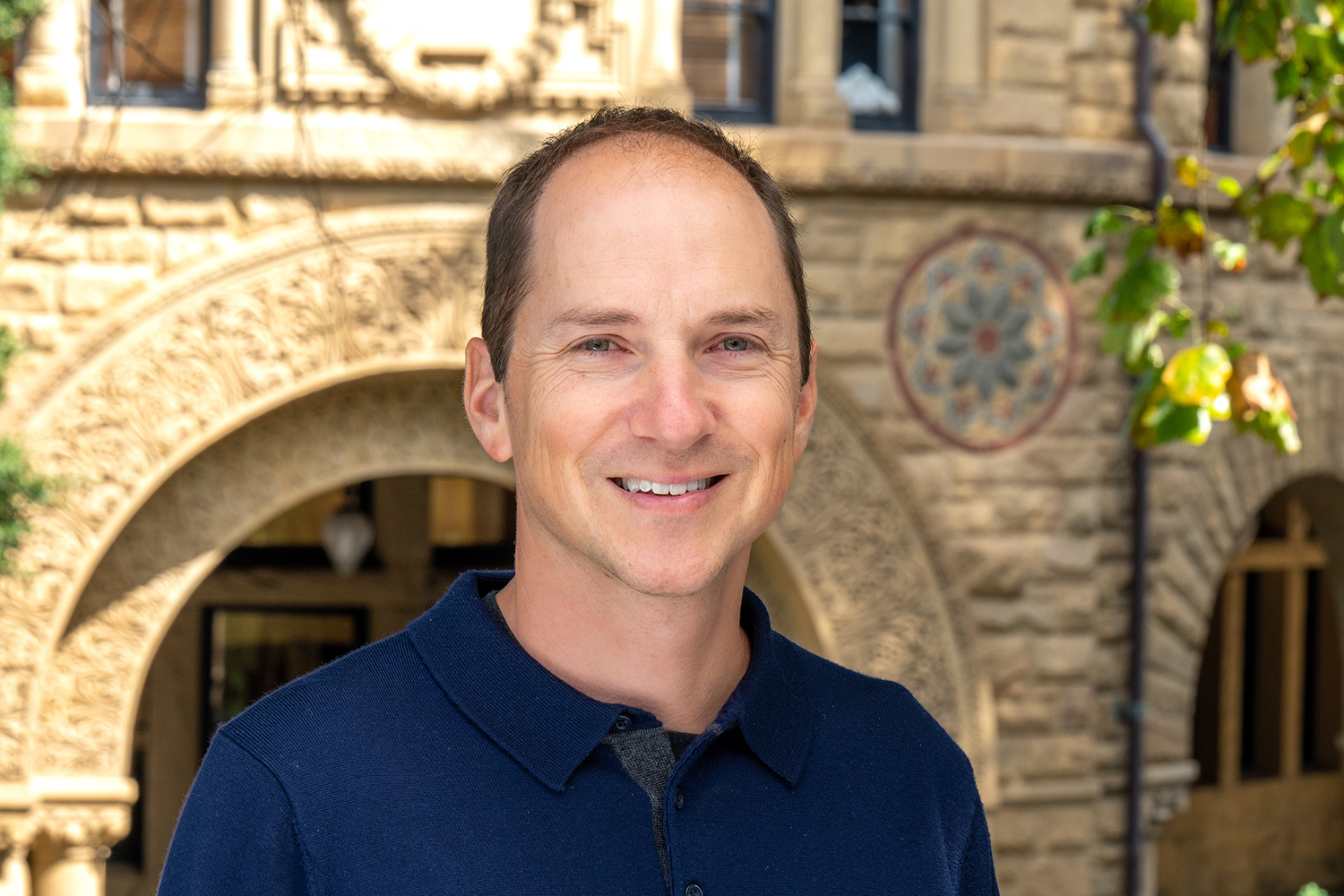
Rob Jackson awarded Blue Planet Prize for pioneering climate research
News
Stanford Doerr School of Sustainability Professor Rob Jackson is a recipient of the international award, which recognizes significant work advancing solutions to pressing environmental problems.

White paper finds U.S. utilities lagging on wildfire preparedness
Research
Despite facing considerable wildfire risk, many power utilities have yet to adopt basic mitigation measures – endangering communities and the future energy system.

Why common climate messaging often backfires – and how to fix it
News
A new study finds that Americans often misjudge the relative climate impact of behaviors like recycling, biking, and eating less meat. The good news? They’re willing to shift behavior when given more information.

What the next quarter century means for energy science and engineering
Q&A
As data, AI, and decarbonization reshape global energy systems, Stanford experts explore how energy science is evolving to meet the demands of the next 25 years.

Study reveals surprising link between tree cover and mosquito-borne disease risk
Research
New research shows that protecting trees can limit harmful mosquito species and lower the risk of disease transmission.

Report exposes gaps in U.S. wildfire response
Research
Tribal, local, and private firefighters are often undercounted, making it harder to plan wildfire response and leading to disparities in pay, protections, and benefits.

Researchers pioneer new water management model to help avert drought crises
Research
In partnership with Chilean experts, scientists are working to help policymakers integrate long-term environmental and social changes into water governance.

Food expert David Lobell dishes on lab-grown meat
Q&A
Lobell discusses a record-setting slab of cultivated meat – and what it means for the future of food.
Research guides Bangladesh toward cleaner brick production
Video
A new study shows that simple operational fixes in brick kilns can reduce coal use and emissions, pointing to scalable solutions in unregulated industries.

Rising heat and dry air cut global crop yields
Research
A Stanford study finds that intensifying heat and atmospheric dryness have reduced yields of the world’s five major crops by 4–13% over the past half century.